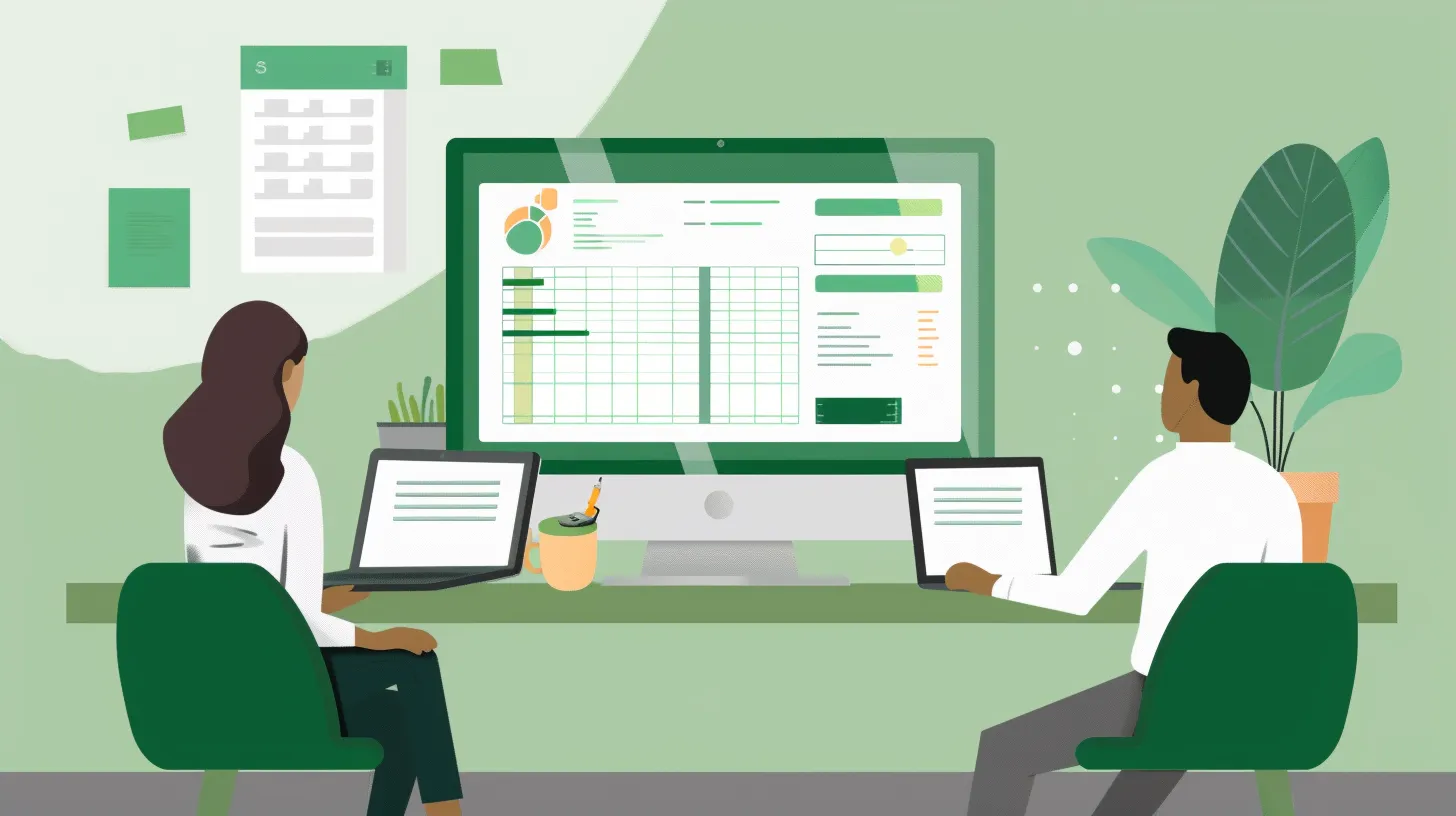A business may be profitable, but without cashflow, it won’t survive. Sales and profits don’t necessarily coincide with their associated cash inflows and outflows. Your clients may experience all the sales in the world, but if cash receipts lag, the business might experience a short-term cash shortfall. This is why it is essential to forecast cash flows as well as project likely profits.By offering your clients advice that will help them increase their bottom-line profitability and fiscal health, you’ll be in a better position to grow your Bookkeeping and Accounting business. Let’s take a few minutes and talk about what cashflow is, how to forcast it and control it.
Cash flow! Cash flow! Cash flow!
In his book, In the Black:Nine Priciples to Make Your Business Profitable, Allen Bostrom-President of Universal Accounting Center, says, “Cash flow is the lifeblood of business. For new businesses, immediate cash is needed to create future cash flow. The first time the payroll is missed, you will know exactly how bad it is to be short of cash. How do you know how much cash to have in the business? Keep a check regist er. Call the bank! They can tell you very quickley. By the way, your accounting system should be able to match what the bank says. This needs to be the first place for improvement.”
er. Call the bank! They can tell you very quickley. By the way, your accounting system should be able to match what the bank says. This needs to be the first place for improvement.”
Having cash is not the only answer. Iit needs to be the right amount of cash. Enron had millions of dollars in the bank, but they still were still forced to shut down. Having enough cash to meet this months financial obligations isn’t enough. Mr. Bostrom goes on to say, “Cash anyalysis is more than a current, monthly calculation.”
How do I calculate cash flow?
Althogh most cash inflows to small businesses come from sales, loans and interest earned, the biggest cash inflow is coming from sales income.Cash outflows include payments to suppliers, payroll, and interest payments on loans or in other words, paying the bills.Net cash flow is the difference between the inflows and the outflows. A positive cash flow would indicate that the business was healthy enough to have more than enough cash to pay the bills. Just as a negative cash flow would indicate the need of additional cash to pay the bills and keep the business healthy.
Cash flow planning is crutial to the health of your client’s businesses as well as your own Bookkeeping and Accounting Practice.
Forecasting and totalling all significant, regular cash inflows relating to sales, bank loans, interest income and other income and then analyzing in detail the projected needs and timing of cost of goods, payroll and other payments is what cash flow planning entails. The more detailed the anaylisis, the better the information is for the business owner. When this net cash flow is added to or subtracted from the opening bank balances, any likely short-term shortfalls can be projected and planned for.As you can see, accurate accounting records are very important in this process and put the bookkeeper/accountant in a position to really impact the fiscal health of any small business. As the provider of this information to your clients, you become a more valuable to them.
How do I control cash flow?
Mr. Bostrom offers five suggestions to help you manage cash flow.
1) Even in small businesses, establish separate accounts for business and home. “It’s too easy to intermingle funds, and spend the cash for personal reasons, when it is needed to pay business debts. Profitability does not reflect cash-this could be called the ‘High Profit-No Cash’ syndrome.”2) Manage your cash appropriately. “You can have too much cash in your business. Cash is an asset that should be working at all times, gaining interest.”3) Businesses should work within budgets–leaving some cash in the bank at all times. “Work with your vendors so that your cash account does not fluctuate with highs and lows but is somewhat consistent through the year.4) Every new business owner should expect to invest at least 50% of necessary capitol into the company. “This lessons the amount of cash that will be needed from other costly sources.”5) Leverage money effectively. “When you start a new business, you will usually receive unfavorable terms from vendors… After establishing a good relationship with your vendors, ask them to extend your credit to 60 days, and eventually to 90 days.”
If you are interested in additional ways to control cash flow, click on the link below and download an MS Word document with a checklist for improving cash flow.
Cash flow is King.
My dad used to always say, “Cash flow is King.” Cash flow may be king, but with the right information and planning, you can control him. Managing cashflow is just part of the financial picture a qualified bookkeeper/accountant counsels the business owner about. There’s never been a greater need for trained and qualified bookkeepers and accountants than right now. Businesses are more than willing to pay for the advice and skill of a professional who can save their business money. As you provide this type of analysis to your clients, you become and asset to their business, not an expense. Best of all, there’s never been a better place to find that traing than Universal Accounting.The Professional Bookkeeper Program has everything you’ll need to know to help your clients strengthen the financial health of their businesses and will also provide the income and lifestyle that you might be looking for. But that’s not all, with access to some of the most innovative and effective marketing methods found anywhere, methods that have been proven successful time after time, you will be one of the extraordinarily happy. Simply follow the link below for more information on the Professional Bookkeeper Program.Click here to learn how to take the first step towards a successful career in Bookkeeping and Accounting.
A Great Deal On the Most Complete Small-Business Accounting Training Available Anywhere!
Having a solid understanding of the Accounting and Bookkeeping methods and procedures is a great first step in learning the concepts behind Financial Business Analysis. You will learn to do books for small to mid-sized companies and how to analyze the books to prepare reports. You will learn to interpret reports so that you can advise your clients how to reduce costs and to better understand their financial standing and profitability. Your clients will look to you as an invaluable source of information about the financial health of their organization.
If you are considering adding Tax Preparation and Planning to your Financial Services business at some point, you get a great price by purchasing both programs as a bundle.






